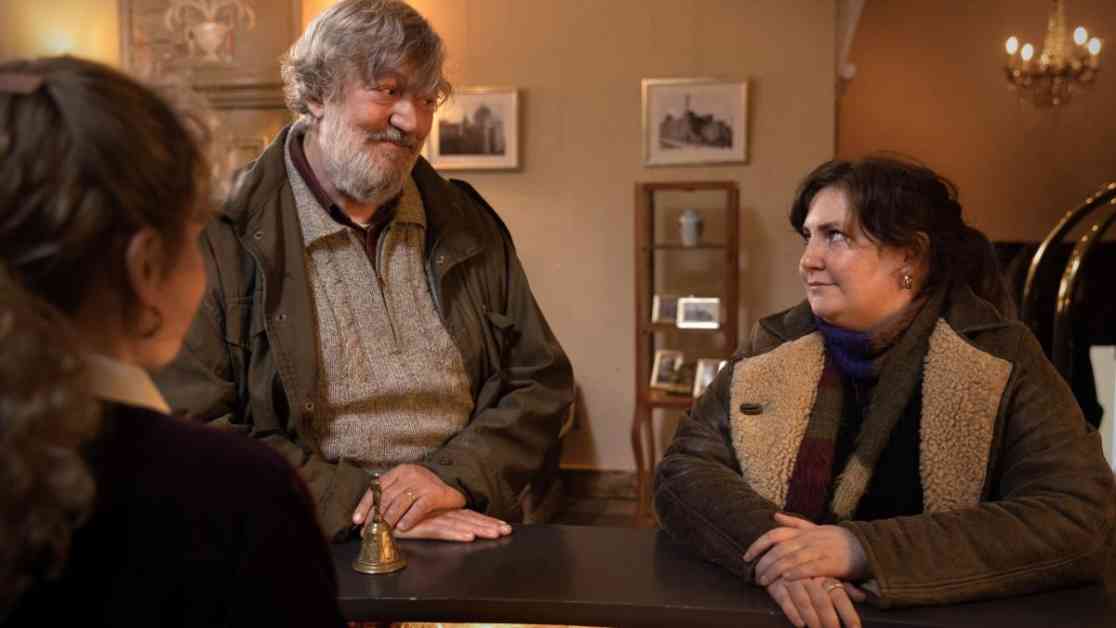Lena Dunham, known for her chatty nature, found herself at a loss for words while filming her new movie, Treasure, at the Auschwitz concentration camp in Poland. She described the experience as a temporary removal of her voice, giving her a glimpse into the past suffering of those who were imprisoned there. Despite the eerie atmosphere, life continued in the surrounding town, highlighting the juxtaposition of joy and sorrow.
In Treasure, Dunham plays Ruth, a journalist who embarks on a journey to Poland with her Holocaust survivor father, Edek (played by Stephen Fry). Edek’s lighthearted antics, such as sabotaging their tour and engaging in playful interactions, provide a sense of humor amidst the backdrop of historical trauma. The film explores Ruth’s desire to confront her family’s past while dealing with her own personal struggles, making her character relatable to those who have experienced transgenerational trauma.
The screenplay, adapted by German writer-director Julia von Heinz from a novel by Lily Brett, took a decade to come to fruition. Von Heinz’s motivation to infuse humor and emotion into the film stemmed from a desire to move beyond the traditional somber portrayal of the Holocaust. The inclusion of humor, as seen in Fry’s portrayal of Edek, adds a layer of humanity to the characters and serves as a reminder of the resilience found in moments of darkness.
Fry, drawing from his own family history of Holocaust survival, approached his role with a deep sense of empathy and understanding. He reflected on the complexities of survival and the psychological toll it takes on individuals who endure such atrocities. Despite the challenging subject matter, Fry emphasized the importance of humor in storytelling, highlighting its role in bringing lightness to even the darkest of narratives.
Through the characters of Ruth and Edek, Treasure delves into themes of resilience, intergenerational trauma, and the power of laughter in the face of adversity. The film serves as a poignant reminder of the human experience during times of unimaginable suffering, offering a unique perspective on the healing power of humor in storytelling.





















